Grief is a Social Justice Issue
/ Supporting a Griever : Litsa Williams
The history of grief support, like so many services, is rooted in deep systemic biases. Beginning with Freud’s claims that we need to talk about grief with therapists and Kubler-Ross’ Five Stages of Grief, our early cultural understanding of what it means to grieve and cope with grief came from observations of white, middle-class, older adults.
The majority of grief research in the early years, and even now, overly represents straight, cis, white people rather than being inclusive of other races and ethnicities and sex and gender identities. That means in the last 40 years, our normative ideas about grief and grief support services emerged across the country based almost exclusively on that foundation.
WYG was founded and is based in Baltimore, a majority-Black city, where we have long felt the disparity between the many people grieving here and the lack of grief support resources available.
One of our hopes for WYG was that it would increase access to grief support for so many people who couldn't access traditional grief support, all over the world. We hoped it would address various types of loss, not just death loss. Because, despite extensive research on non-death losses, many grief support programs are limited exclusively to bereavement-related grief (grief after a death). They typically don't offer services for those grieving chronic and ambiguous losses.
Non-death, chronic, and ambiguous losses often disproportionality impact communities of color—and yet the support for these types of grief are absent in the communities that need them most. I want to note that, ultimately, we are still a white-run organization that knows we need to be more thoughtful, more deliberate, and aware of our own limitations and biases in the support we offer.
Grief and Race: The Smallest of First Steps
Seven years after founding WYG, we are still aware that movement is slow in ensuring that grief research, narratives, and support programs are representative of and available to all who need them.
There is a need for more research and more grief programs and services. But, as we work on those issues as a grief support community, one small thing that we can all do right now is seek out more information and voices that represent grief experiences outside of our own. This is important for all of us, and it is especially important for grief professionals.
We need to begin by recognizing our own biases that come from the education we had and our experiences with grief. The voices online that dominate the grief space are, unfortunately, not very diverse. Yes, us included.
We don't represent the global experience of grief. So here at WYG, we are working to becoming more deliberate about sharing other articles, books, podcasts, research, and voices of people who have been underrepresented in grief support.
Today, we are focusing on Black grief and mourning, sharing resources by primarily Black people (with a few researchers mixed in). Over time, we will be doing other posts highlighting other groups that have been underrepresented.
This list is just the beginning for all of us who want to increase our awareness. We are by no means experts and we know there are probably many great books, articles, podcasts, and information that we are missing.
If you know of others, please leave them in the comments. And if you have other ideas on how WYG can be better at representing a better range of grief experiences, leave a comment about that too!
Please click on the images to access the full resources.
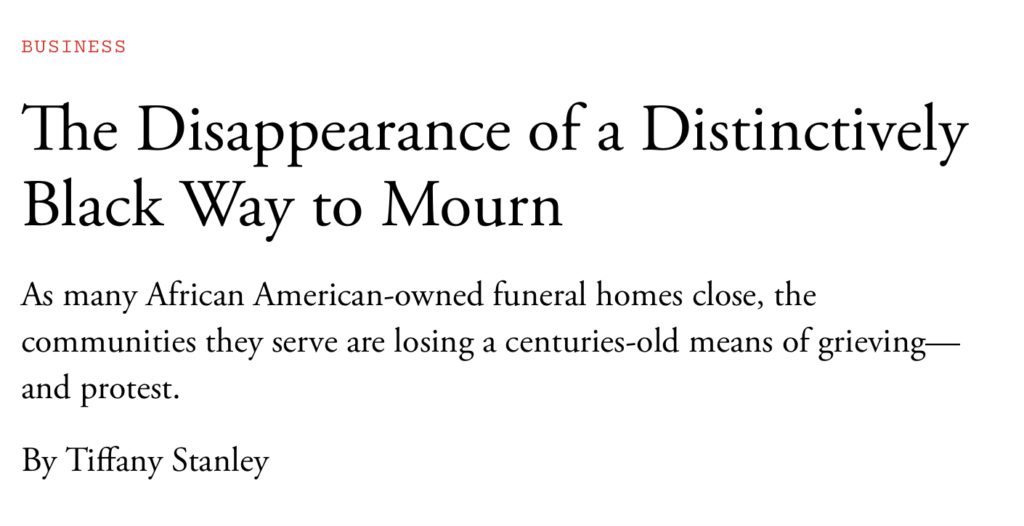
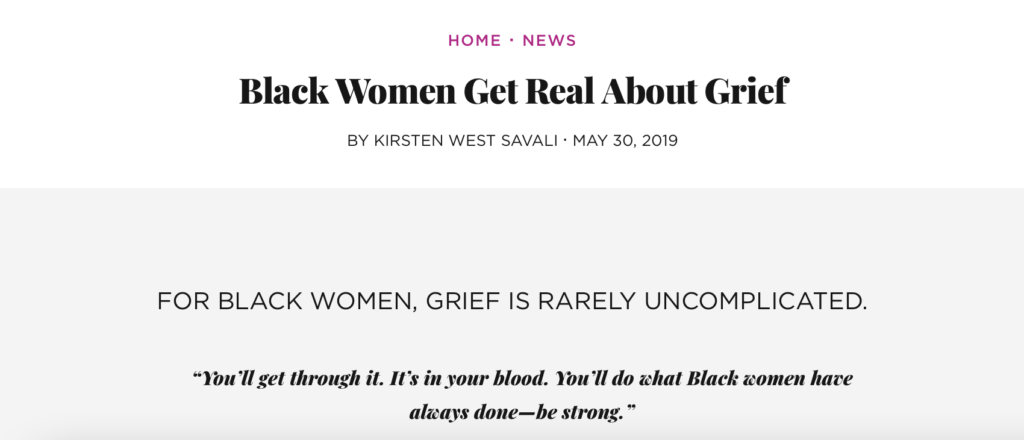
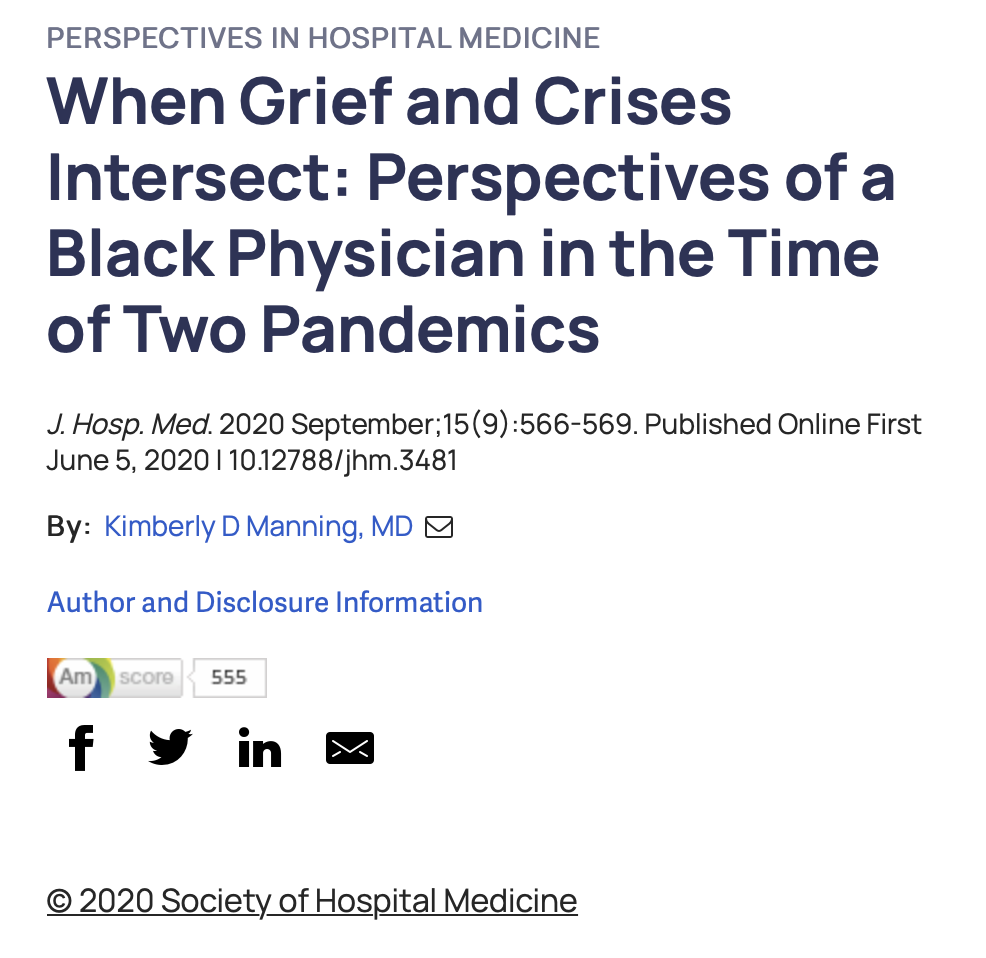
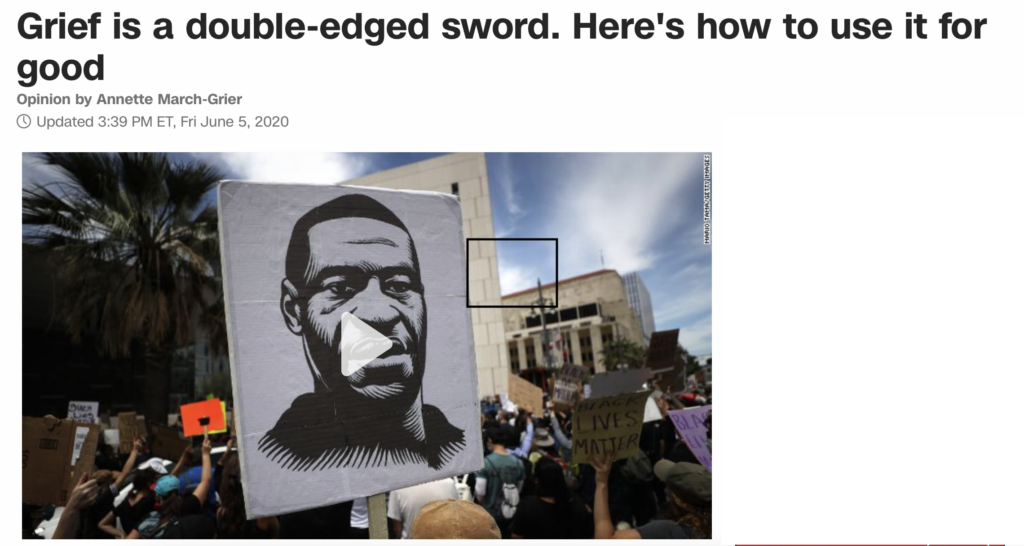
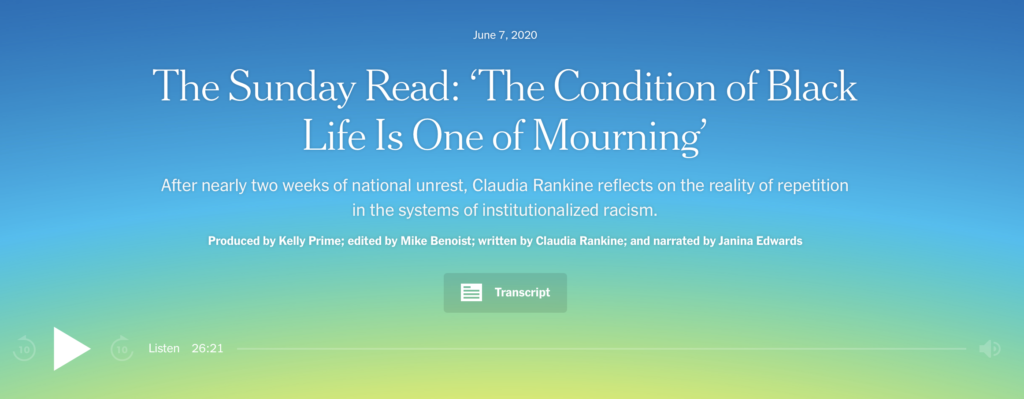




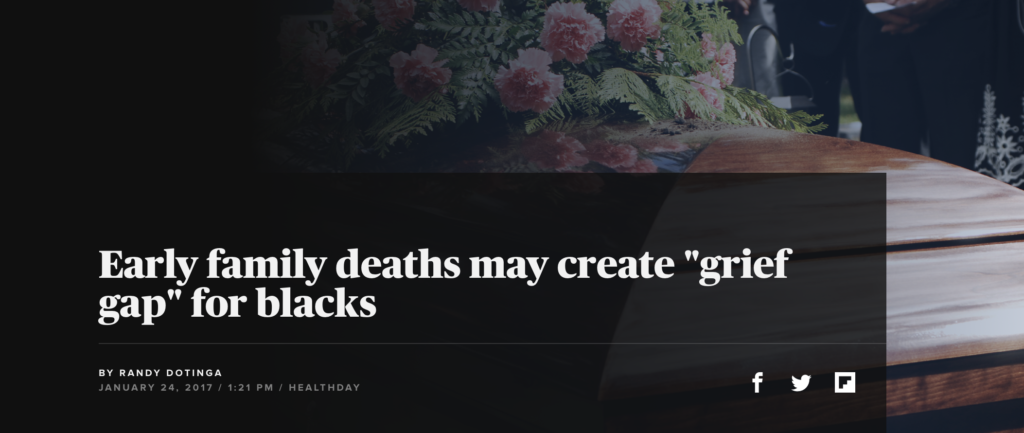

WARNING: This is a textbook, so it is pricey... But you may be able to find it at your local library!
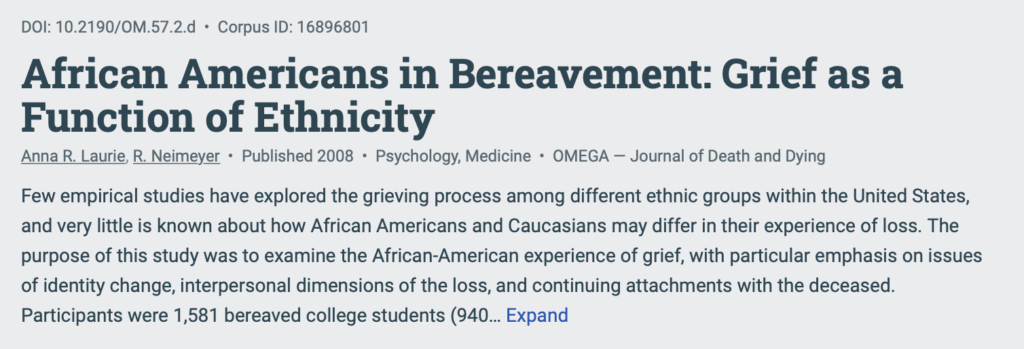

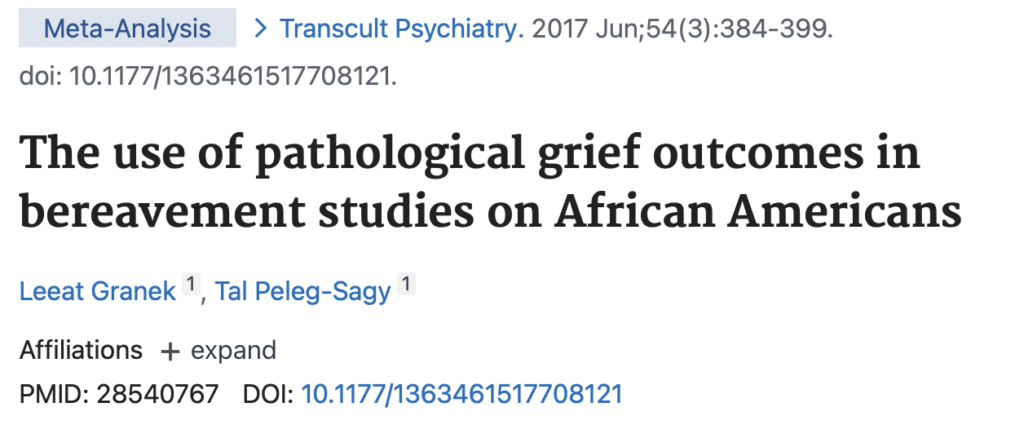


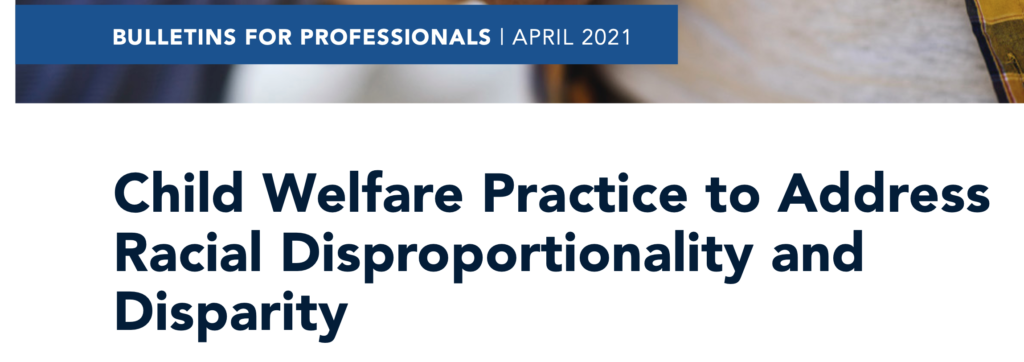

Leave a comment with your suggestions to add to this list!
We wrote a book!
After writing online articles for What’s Your Grief
for over a decade, we finally wrote a tangible,
real-life book!
What’s Your Grief? Lists to Help you Through Any Loss is for people experiencing any type of loss. This book discusses some of the most common grief experiences and breaks down psychological concepts to help you understand your thoughts and emotions. It also shares useful coping tools, and helps the reader reflect on their unique relationship with grief and loss.
You can find What’s Your Grief? Lists to Help you Through Any Loss wherever you buy books:
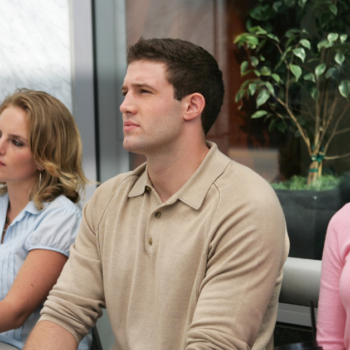
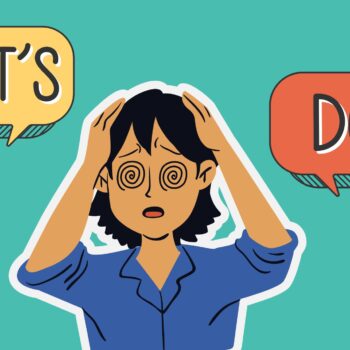
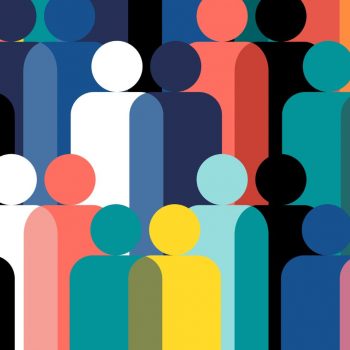


Jacqueline November 20, 2021 at 10:00 pm
I would love to have a group that people of coloring our community could utilize to help deal with grief. Our small community is hurting from all the senseless murders and deaths of children in our community. I would love your God is in expertise in this area in helping create a safe space for us to express our issues and concerns with our daily life and tools and resources to help deal with the issues at hand. Please let me know if you can help. We so desperately need your assistance.
Litsa December 15, 2021 at 12:53 pm
There are some groups online trying to create spaces for this. Please send us a message via the contact page and I can help connect you!
Bunny May 23, 2021 at 3:48 am
To have the veil of my denial as to what exactly I was trying to live out for myself in my life ripped from my psyche while simultaneously attempt to fathom the loss of the truest love I had ever known, my sweet son, with everyone around me armchair quarterbacking – I can hardly believe that I am on the other side; that I lived to tell the tale. As an Hispanic woman, raised by a violent, addicted, prejudiced white mother and a mostly-absent, addicted and sadly early-deceased Colombian father – losing my only son in his first year of high school all but killed me. All around me, my (99% white) community judged me harshly as “selfish”. Their advice that I needed to “just” get out of myself and help others as the path to recovery only left me feeling more isolated, empty, and even more drained with every attempt. (Pain is pain, my dharma-sister advised. BTW: Her Daddy whisked her, her husband, and their two kids off to Hawaii for two weeks later that year.) My brain was on a 20-second processing delay the first eight months, my swallowing reflex was no longer a subconscious function. My glottis was not closing and I would choke without warning. I had no idea then wvv G at it was, I know now. (Still today, 15 years in, if I am exhausted or have a rare, extreme trigger I will not be able to safely swallow.). I was also becoming increasingly mentally confused. I was deemed obstinate and willfully seeking attention. My then-husband/son’s stepfather demanded a divorce seven weeks post-death. He said he had his own sons to think about and could not “do this” with me. He left me alone to self-administer the then-new-to-market Ambien. I had zero family support. I had experienced the death of three siblings at their ages 31, 35, and 38. The remaining four siblings I chose to live separate from. I was born last. The family dysfunction was deadly toxic on the best of days. My then-husband controlled the narrative with all those outside of our home. Without my son to witness his attitudes and be accountable, I overnight became the enemy in the very home I was paying for. My then-husband was the “abandoned one, holding it all together”. He would seek comfort in online chat rooms and local self-help groups as the alternative to facing the story developing between his ears. In grief support groups, the women would tell me how lucky I was to have such a caring and compassionate husband to attend with me. He sat there and give a humble smile and tell them all that sitting by me was simply what every husband should do for their wife. At home, the silence was deafening. I was physically weak, isolated and getting worse with each passing month. Then, my anger kicked in as we approached the second year mark in this. I began to berate him in an attempt to break his inner program of appearing as such a “good boy”, at my expense, to all those outside our world. I was desperate, unable to tread water on my own. He told me two years was long enough to put up with me, he divorced me while listing me as the Plaintiff, and canceled me out completely. A woman who knew both my son and me for over a decade didn’t attend my son’s funeral or send even a card – but did feel compelled to tell me that she was mad at me for “hurting poor ___________.” That’s how they justified having sex fests with one another in my bed when I first separated from my then-husband. The narrative was that I was a mentally-ill attention-seeker, a product of my upbringing, who nearly destroyed him and his sons. He dumped her after six months, stating she was “too ________ Street” to continue on with. NOW he’s with “the right one who knows how to be a strong and loving partner” and finally the sky that he has worked so hard for all of his life and deserves is finally the limit. That, and being a beneficiary of his parents’ accumulated life insurance policies. Phew. It really sucked to be him. Good thing he kicked me to the curb; broke and brain-dead so I could then finish out my pathetic, self-serving life alone, spiraling myself into extinction – which according to him and the circle we were acquainted with, was all I am innately capable of. You see, even the experts agree that trauma reveals the “truth” of a person’s REAL character; of what one is “really made of”. Ah, the white privilege and entitlement of it all. Plan a visit to the whitest state of our 50. It’s everything the locals insist that it isn’t… and more. There’s even more room for visiting folk now because I am finally strong enough and clear enough to leave.
Ajai Blue-Saunders October 2, 2020 at 4:04 pm
I’m a widow who’s black. I speak out and clearly am applauded for doing so. This shouldn’t be. I was also a part of a recent PBS documentary – Speakinggrief.org where my daughter and I shared our grief journey without our dad/husband.
I also run a widows group at a local funeral home where the attendees are majority white.
I’m extremely interested in the “why” behind the lack of Black widows in support groups online or in person? I’m still seeking my own answers but glad WYG is having discussions too!
Suzanne August 31, 2020 at 10:48 pm
I would love to find guidance in grieving a wrongly convicted Sex Offender. In this case, rape, the judge sentenced the defendant to 4 months in county jail and 5 years alcohol restricted probation. Clearly, the judge saw an alcoholic before her, not a criminal.
The public however, saw this person as a “rapist,” a pariah, prejudged. Being labeled as such is a death sentence. The rejection and inability to have a life to any degree wore him down. Covid was the final straw, all hope was totally gone. He surrendered to the inevitable, he drank himself into the grave. Tragic. He was disenfranchised in life and now, in death, as well.
RSO’s are throw away people in this society. Even when you’re innocent.
Valerie Myers June 29, 2020 at 11:20 am
Please add to your list: African American Grief authors: Paul C. Rosenblatt and Beverly R. Wallace
Lisa June 17, 2020 at 1:54 pm
Thank for sharing great resources. My name is Pastor Lisa. I have reached out before, and I have not heard from anyone. I am an African-American female. Many websites only focus on white people. Other cultures grieve and they grieve differently.
I would like to discuss possible oppprtunities to collaborate with you. Not being able to grieve stems from slavery. Not only in communities of color, but also in faith communities! I think it is something we should and can address together. Please reach out to me!
Thank you,
Lisa
Luz June 16, 2020 at 3:58 pm
Thank you so much for acknowledging the whiteness of your org and of many of the resources out there–and doing the work to compile a list….Was sending a friend some resources I had found semiuseful years ago immediately after my mother’s death including yours. I had given her the warning that many assume white, middle classness. and checked out your site again- so glad I did!
Janice Zurlo June 9, 2020 at 11:08 am
I cannot wait to explore all this great information to make me more empathic grief worker.
Chris Leineke February 15, 2023 at 9:27 pm
I was in Sagutuck today, the World is better with people like you.
Marjun Nolsoe Blishen June 8, 2020 at 6:46 pm
Thank you so much for this. So helpful!
Jennifer April 25, 2021 at 12:18 am
I find your site and the comments odd (All the emphasison black grief). I just lost my parents 30 days apart. It is very difficult to say the least. I don’t care if you are black, white, purple or green. I just need support! I am brown by the way.
Litsa Williams May 25, 2021 at 4:03 pm
Hi! Sorry you found this odd. This is one article of the 600 grief articles on our site. It is specific to how grief support has been developed around the white experience, but if that isn’t a concern for you we certainly hope one of the hundreds of others is relevant and useful for your grief needs.